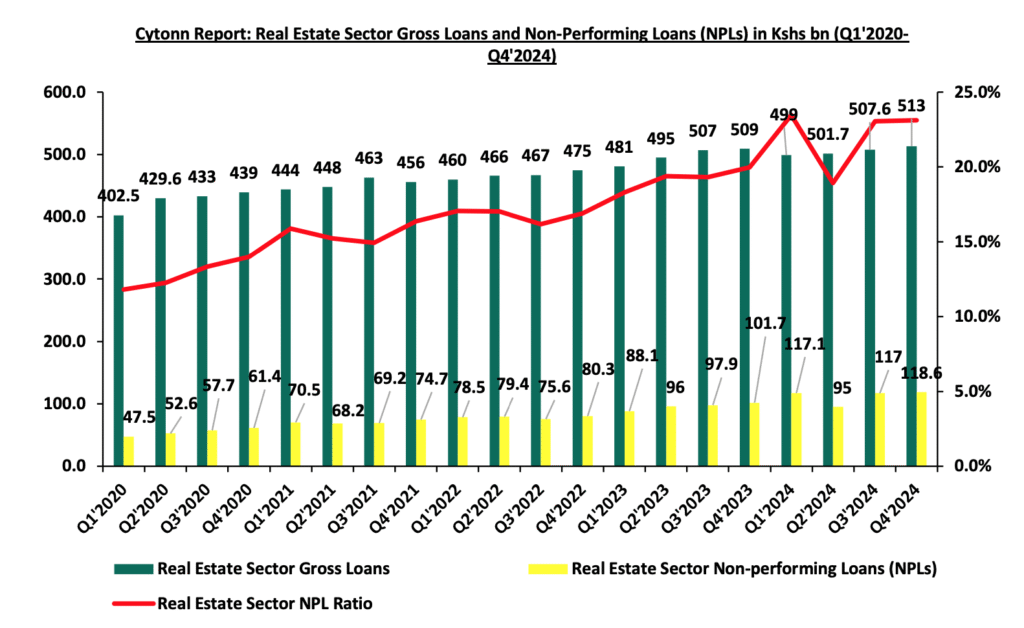Kenya Real Estate Market Report 2025
The Kenya Real Estate Market Report 2025 reveals a resilient and evolving property sector marked by steady recovery, rising demand in satellite towns, and increased participation from diaspora investors. After a period of cautious spending in 2023–2024, buyer confidence has returned—driven by improved financing, infrastructure development, and government-backed affordable housing initiatives.
This mid-year update provides actionable insights for buyers, investors, developers, and policymakers.
Key Highlights – Kenya Real Estate Market 2025
📌 Market Growth: Property values up 7.3% year-on-year on average (Knight Frank Kenya & CBRE East Africa data)
📌 Affordable Housing Momentum: Over 12,000 units delivered under the National Affordable Housing Program (AHP) since 2023
📌 Top Growth Corridors: Ruiru, Ruaka, Athi River, Diani, and Kisumu
📌 Average Rental Yield: 5.8% for apartments, up to 8% in high-demand estates
📌 Digital Adoption: 68% of buyers use online platforms (Jumia House, Zimasa, Fuzu) before contacting agents
Market Performance by Segment
1. Residential Sales
- Apartment Prices (Nairobi):
- 1-Bed: KSh 8M–14M
- 2-Bed: KSh 15M–28M
- 3-Bed: KSh 30M–60M
- Serviced Plots:
- Ruiru: KSh 1.1M–1.9M (50x100ft)
- Ruaka: KSh 1.5M–2.5M
- Athi River: KSh 900K–1.6M

2. Rental Market
- Nairobi Averages:
- 1-Bed Apartment: KSh 35,000–55,000/month
- 2-Bed Apartment: KSh 50,000–85,000/month
- 3-Bed House: KSh 90,000–180,000/month
- Highest Occupancy: Estates near JKIA, Thika Road, and universities (e.g., Syokimau, Garden City, Muthaiga)
3. Luxury & Coastal Properties
- Karen, Runda, Muthaiga: Homes from KSh 50M to KSh 1B+
- Diani & Watamu: Beachfront villas KSh 50M–500M; strong demand from European and diaspora buyers
- Average Capital Appreciation: 9.2% annually in prime coastal zones

Regional Market Outlook
| Nairobi | High demand, limited supply | 6.5% |
| Ruiru & Ruaka | Expressway access, affordable plots | 12.1% |
| Athi River & Kitengela | Industrial growth, JKIA proximity | 10.8% |
| Mombasa & Nyali | Tourism, port development | 7.0% |
| Diani & Ukunda | Vacation homes, rental income | 9.5% |
| Kisumu & Nakuru | Urban expansion, new estates | 8.3% |
Investment Trends
✅ Diaspora Buyers Up 34%
Kenyans abroad are investing more in land and off-plan units, using WhatsApp, Zoom, and M-Pesa for remote transactions.
✅ Saccos Outpacing Banks in Lending
Stima, Mwalimu, and Harambee Saccos now finance over 40% of real estate loans under KSh 10M due to lower rates (10–13%).
✅ Developer Financing Grows
In-house payment plans (e.g., 30% deposit, balance over 24 months) now account for 30% of sales in affordable projects.
✅ PropTech Adoption Soars
- 76% of agencies use live video tours
- Platforms like Ardhisasa enable online land searches and e-payments
- AI chatbots handle 50% of initial buyer inquiries

Risks & Challenges
⚠️ Title Fraud & Land Grabbing: Still prevalent in fast-selling areas. Always use a licensed advocate for due diligence.
⚠️ Delayed Utilities: Some estates lack promised water, power, or roads.
⚠️ Overpriced Off-Plan Projects: Not all developers deliver on time or as advertised.
⚠️ Informal Settlement Pressures: Urban land demand is driving encroachment on protected areas.
Forecast: What’s Next?
🔹 2025–2026 Outlook:
- Continued growth in affordable housing and rental apartments
- Increased M&A activity among mid-tier developers
- More green buildings and solar-integrated homes
- Expansion of LAPSSET-linked developments in Lamu and Isiolo
🔹 Long-Term (2030):
- Nairobi’s satellite towns may absorb over 60% of new housing demand
- Coastal real estate to become a top-tier investment class
- Full digitization of land registry expected by 2027
FAQs
Q: What is the average return on real estate in Kenya in 2025?
A: Total return (rental yield + appreciation) averages 12–15% annually in high-growth areas like Ruiru and Diani.
Q: Which city has the fastest-growing real estate market in Kenya?
A: Ruiru leads with over 12% annual price growth, driven by infrastructure and affordable housing demand.
Q: Is now a good time to buy property in Kenya?
A: Yes, especially in well-located, titled developments. Prices are rising, interest rates are stabilizing, and flexible payment options make entry easier than before.


